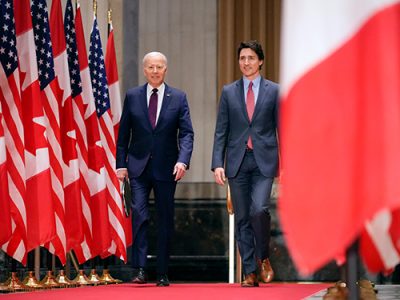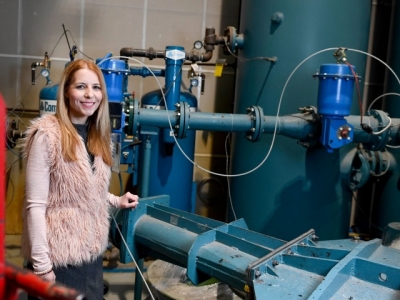By Dan Rubinstein
Although the origins of the adage are murky, it’s often said that the first casualty of war is truth.
In today’s era of social media misinformation, with the war in Ukraine approaching its first anniversary on Feb. 24, this saying is especially relevant.
But a group of researchers at Carleton University’s Institute of European, Russian, and Eurasian Studies (EURUS) is hoping to cut through the deception and uncertainty, launching a new web portal — the War in Ukraine Observatory — to provide both truthful information about the conflict and practical resources for Ukrainian refugees coming to Canada.
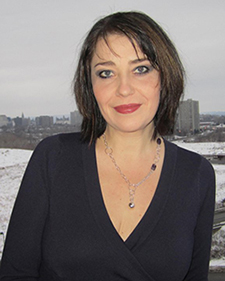
EURUS Director Crina Viju-Miljusevic
“It’s our role to do this,” says EURUS Director, Crina Viju-Miljusevic.
“As a unit that represents Europe, we felt that we could provide certain perspectives and use our expertise to inform public debate. It’s a responsibility.”
The goals of the observatory are twofold. First, it provides academic publications, other accurate information and reports from trusted news sources that Canadian academics, high school teachers, students and the public at large can use to learn about and better understand the war and its implications. Second, it’s a hub that gathers together continuously updated info to help Ukrainian refugees settle in Canada.
This matters because the war has raised myriad security, humanitarian, economic, food and energy issues — because it is much more than a regional conflict.
“The consequences of this invasion will have untold implications for Ukraine, Russia, the West and the world,” says Viju-Miljusevic.
“It is still unclear how, when and in what conditions the war will end, and what its outcomes will be. Russia’s invasion of Ukraine constitutes the biggest threat to peace and security in Europe since the end of the Cold War.”
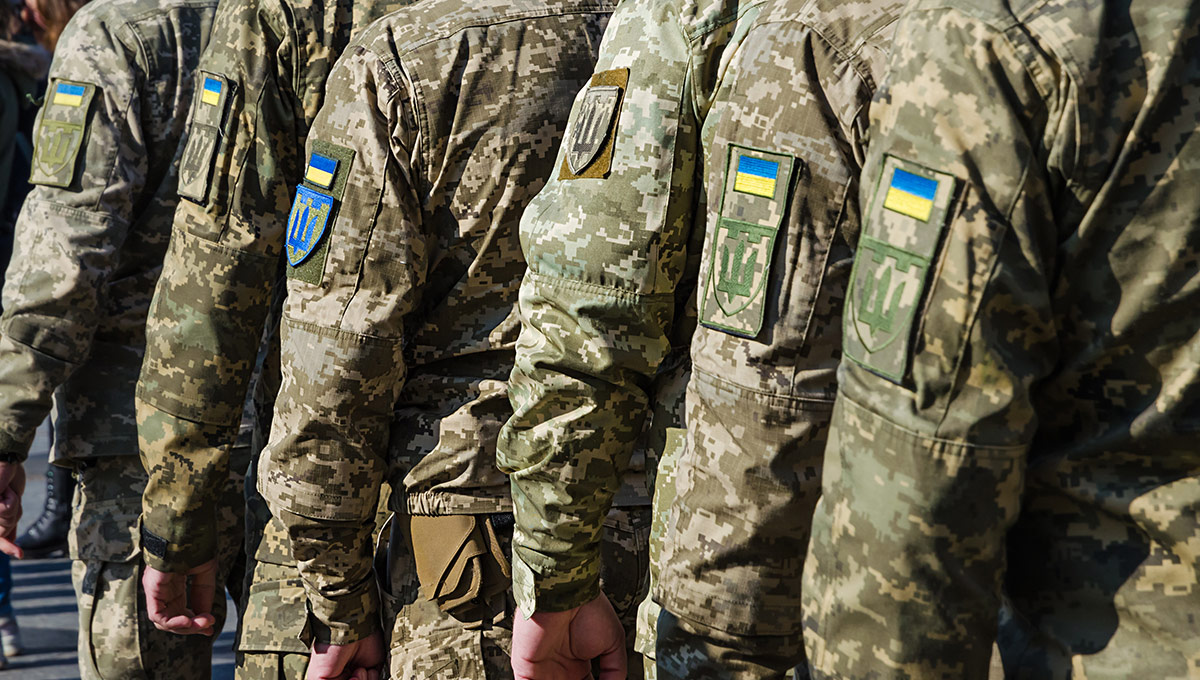
Questions About the War in Ukraine
The observatory address questions such as why Russia began the war, how Ukrainians reacted, how they have been able to mount such a determined resistance, what Russians think about the conflict, how Canada and other countries have responded, and why energy has emerged as such a major issue.
EURUS faculty members have much of the expertise required to provide details and context around these questions and others, and their collaborators in Canada and Europe are helping to complete the puzzle. Meanwhile, contacts within the Ukrainian diaspora in Canada and from the consular community will allow EURUS to keep the hub for Ukrainian refugees up to date.
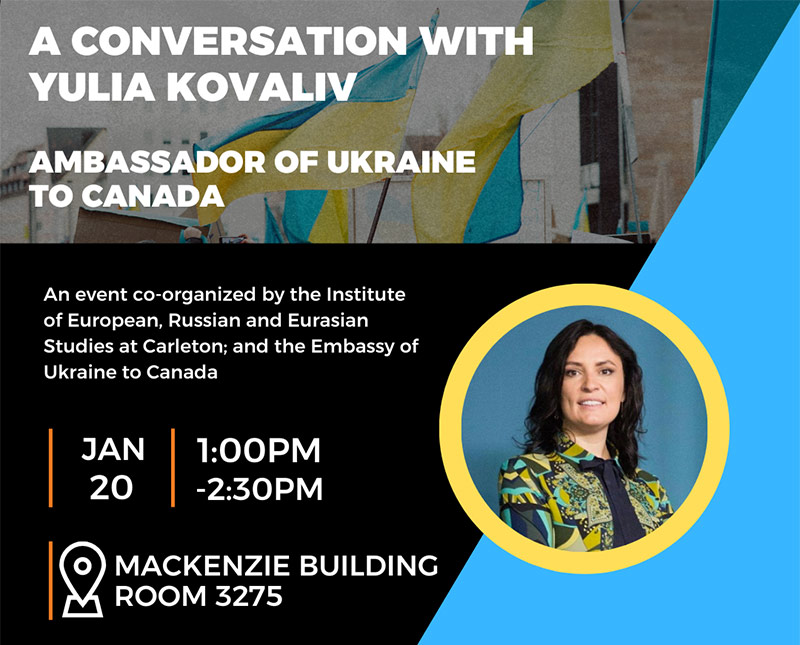
In concert with the observatory, EURUS is also planning a series of lectures — which started with a visit to campus from Ukraine’s ambassador to Canada on Jan. 20 — that explore what has been learned over the past year and what could happen next.
“This is all part of our effort,” says Viju-Miljusevic, “to support informed perspectives in Canada and help people in Ukraine.”
Monday, February 6, 2023 in Innovation, International, Research
Share: Twitter, Facebook


